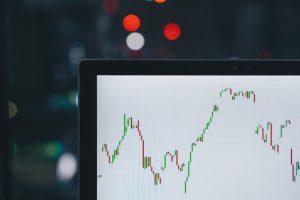Trickle-down economics is a “gonzo” economic theory with “repeated failures,” says Robert Reich, former U.S. Secretary of Labor and Professor of Public Policy at the University of California Berkeley.
Despite former President Ronald Reagan and British Prime Minister Margaret Thatcher’s best efforts, Reich says, trickle-down economics has failed from the beginning. That’s why when new British Prime Minister Liz Truss and her Chancellor of the Exchequer, Kwasi Kwarteng, posed heavy tax cuts for the rich, Reich was unsurprised when they walked back their policies just a short time later at the demand of investors and economists.
While America did experience rapid growth throughout the 1980s, Reich says that this boom was in no way due to Reagan’s deregulation or tax cuts. These cuts temporarily increased consumer demand, but they ultimately blew up budget deficits and widened economic inequality. Between 1989 and 2019, working middle-class families saw only small increases in their real incomes adjusted for inflation and overall familial wealth. However, the wealthiest 1% of Americans amassed over $29 trillion dollars in wealth while the national debt came unglued and Wall Street took over the economy.
Reich adds that because of this long-lasting impact of trickle-down economics, class and education lines became more substantial, and the American populous became ever more divided. The situation in the United Kingdom parallels the American story, as according to the Social Progress Index, the U.K. is one of only four countries to have backslid in areas like education, healthcare, rights, and general tolerance since 2011.
Reich concludes by saying trickle-down economics is still so popular because it satisfies political interests that are already bloated with wealth. These people have a say in the “intellectual infrastructure” of economists and policymakers, and they rest on the laurels of the upturn in the 1980s that many uneducated voters attribute to trickle-down economics. But until the cycle is broken and the doctrine is remembered for the failure that it is, Reich says, we’re unfortunately repeating history rather than learning from it.




















